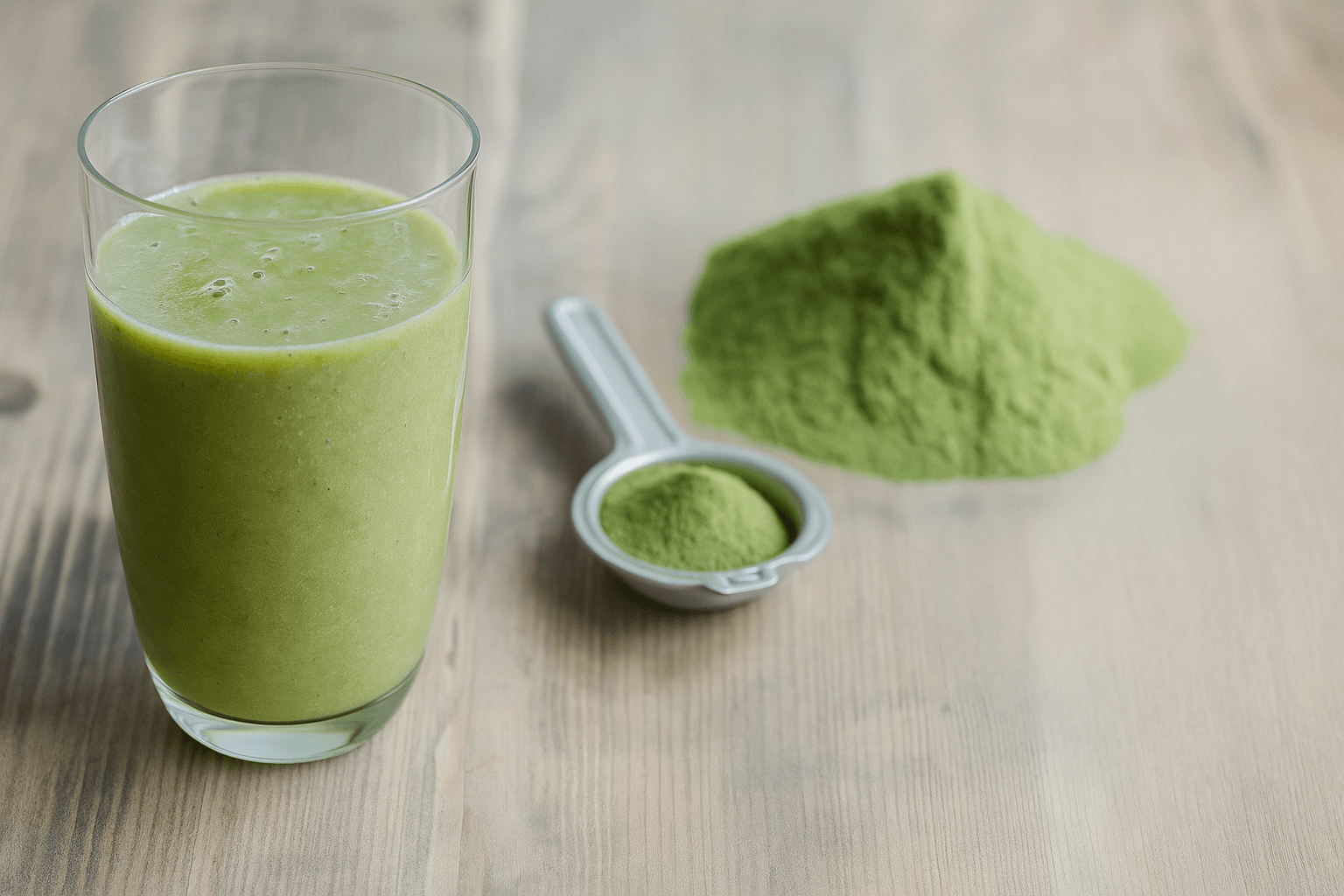Better Digestion Starts Here: Prebiotics vs. Probiotics Explained
Gut health has become a hot topic in wellness circles, and for good reason. The gut is often referred to as the "second brain" due to its influence on mood, immunity, digestion, and overall health. At the heart of gut health are two key players: prebiotics and probiotics. While these terms are often used interchangeably, they serve very different roles in maintaining a healthy digestive system. In this comprehensive guide, we’ll explore what prebiotics and probiotics are, how they work, their benefits, and how to incorporate them into your daily routine for optimal gut health.
What Are Probiotics?
Probiotics are live microorganisms, typically bacteria or yeasts, that provide health benefits when consumed in adequate amounts. They are often referred to as "good" or "friendly" bacteria because they help maintain the natural balance of organisms in the gut microbiome.
Common Probiotic Strains:
- Lactobacillus: Found in yogurt and fermented foods, it helps with lactose digestion and supports immune health.
- Bifidobacterium: Aids in digestion and helps prevent harmful bacteria from taking over.
- Saccharomyces boulardii: A beneficial yeast that helps treat and prevent diarrhea.
Health Benefits of Probiotics:
- Digestive Support: Helps alleviate symptoms of irritable bowel syndrome (IBS), bloating, and constipation.
- Immune Function: Strengthens the gut barrier and promotes immune response.
- Mental Health: Emerging research links probiotics to improved mood and reduced anxiety.
- Nutrient Absorption: Assists in the production and absorption of key vitamins like B12 and K2.
What Are Prebiotics?
Prebiotics are non-digestible fibers and compounds found in certain foods that nourish the good bacteria in your gut. They act as fertilizer for probiotics, helping them grow and thrive.
Common Prebiotic Foods:
- Chicory root
- Garlic
- Onions
- Leeks
- Asparagus
- Bananas
- Oats
Health Benefits of Prebiotics:
- Feeds Good Bacteria: Encourages the growth of beneficial gut microbes.
- Improves Digestion: Helps maintain regular bowel movements and reduces inflammation.
- Supports Metabolic Health: May aid in blood sugar control and appetite regulation.
- Enhances Calcium Absorption: Supports bone health by improving mineral uptake.
Key Differences Between Prebiotics and Probiotics
| Feature | Probiotics | Prebiotics |
|---|---|---|
| Definition | Live beneficial bacteria and yeasts | Non-digestible food for probiotics |
| Source | Fermented foods, supplements | Fiber-rich plant foods |
| Function | Populate and maintain gut flora | Feed and enhance existing gut flora |
| Survivability | Can be destroyed by stomach acid | Resistant to digestion |
| Usage | Used for restoring gut balance | Used for maintaining gut health |
Why Both Are Important
Prebiotics and probiotics work together synergistically to promote gut health. Without prebiotics, probiotics may not thrive. Think of your gut as a garden—probiotics are the seeds, and prebiotics are the water and fertilizer that help those seeds grow. Together, they contribute to a balanced gut microbiome, which is essential for everything from digestion and immunity to mental clarity and energy.
Synbiotics: The Best of Both Worlds
Synbiotics are supplements or foods that contain both prebiotics and probiotics. They aim to maximize the survival and colonization of probiotics by providing their necessary food source. Examples include:
- Certain yogurts and kefir with added fiber
- Supplement capsules containing both types
- Fermented foods paired with prebiotic-rich ingredients
Best Sources of Probiotics
- Yogurt: Make sure it's labeled with live and active cultures.
- Kefir: A tangy, fermented milk drink rich in multiple strains.
- Sauerkraut and Kimchi: Fermented vegetables that also offer vitamins and fiber.
- Miso and Tempeh: Fermented soy products commonly found in Asian cuisine.
- Probiotic Supplements: Capsules and powders can offer a concentrated dose.
Best Sources of Prebiotics
- Chicory Root: One of the richest sources of inulin fiber.
- Garlic and Onions: Versatile kitchen staples that support gut flora.
- Asparagus and Leeks: Great in salads or as cooked side dishes.
- Bananas: Especially when slightly green.
- Whole Grains: Oats, barley, and wheat bran offer prebiotic benefits.
Choosing the Right Supplement
What to Look for in a Probiotic Supplement:
- Multiple Strains: A blend of Lactobacillus and Bifidobacterium is ideal.
- Colony Forming Units (CFUs): Aim for 10-50 billion CFUs per dose.
- Enteric Coating: Protects probiotics from stomach acid.
- Third-Party Testing: Ensures product quality and viability.
What to Look for in a Prebiotic Supplement:
- Soluble Fibers: Look for inulin, FOS, or galactooligosaccharides (GOS).
- No Added Sugars or Fillers: Pure fiber is best.
- Clinical Support: Look for products backed by research.
Potential Side Effects
- Probiotics: May cause bloating, gas, or digestive upset initially as your gut adjusts.
- Prebiotics: Can cause gas or bloating if introduced too quickly. Start slow and increase gradually.
When to Take Them
- Probiotics: Best taken on an empty stomach or 30 minutes before a meal.
- Prebiotics: Can be taken with meals and are often more effective when included in food.
Who Should Consider Supplementing?
- People with digestive disorders (e.g., IBS, Crohn’s)
- Those taking antibiotics (to restore gut flora)
- Individuals with poor diet diversity
- Anyone experiencing fatigue, bloating, or irregular bowel movements
Final Thoughts
Understanding the difference between prebiotics and probiotics is key to nurturing a healthy gut. While probiotics introduce beneficial microbes into your digestive system, prebiotics ensure they have the nourishment they need to thrive. When used together, they offer a powerful approach to enhancing digestion, immunity, and overall well-being.
Whether you choose to get these nutrients from food or supplements, consistency is crucial. A balanced diet rich in fiber and fermented foods, along with smart supplementation when necessary, can help keep your gut—and by extension, your whole body—in optimal health.
Latest blog posts about Health Guides
-
Uncategorized Are Super Green Supplements Worth It? Yes — Here’s Why.

Lindsay Warner article author
May 4, 2025
-

Brooklyn White article author
May 4, 2025
-

Greg Berkman article author
May 4, 2025





